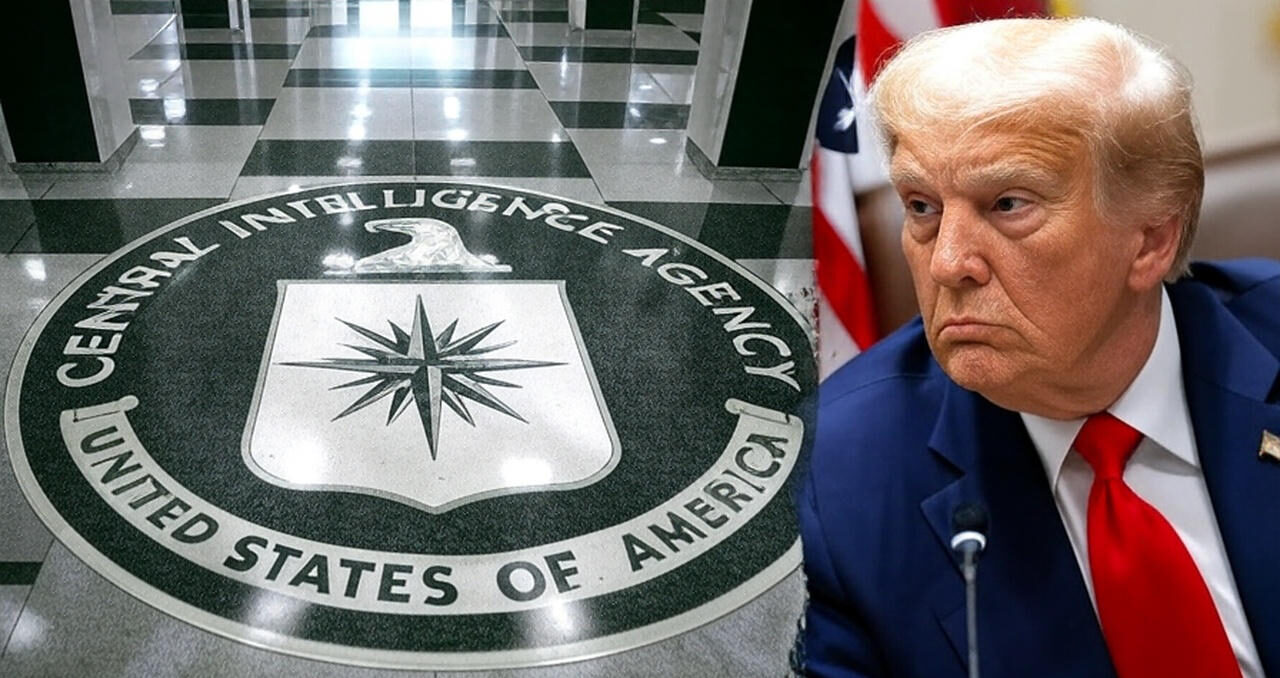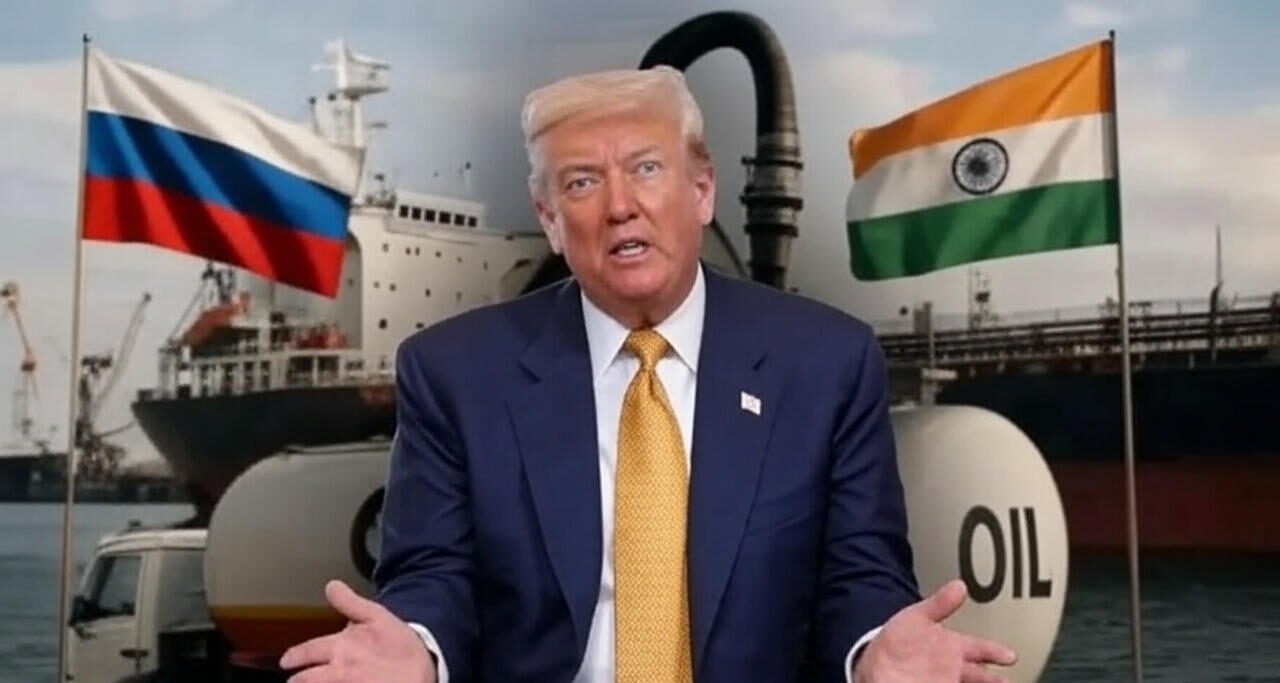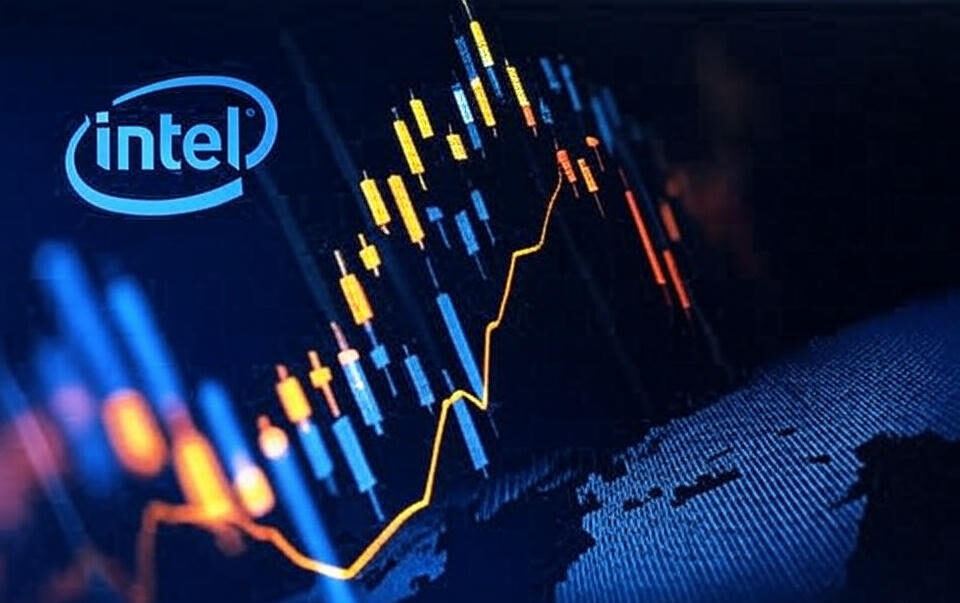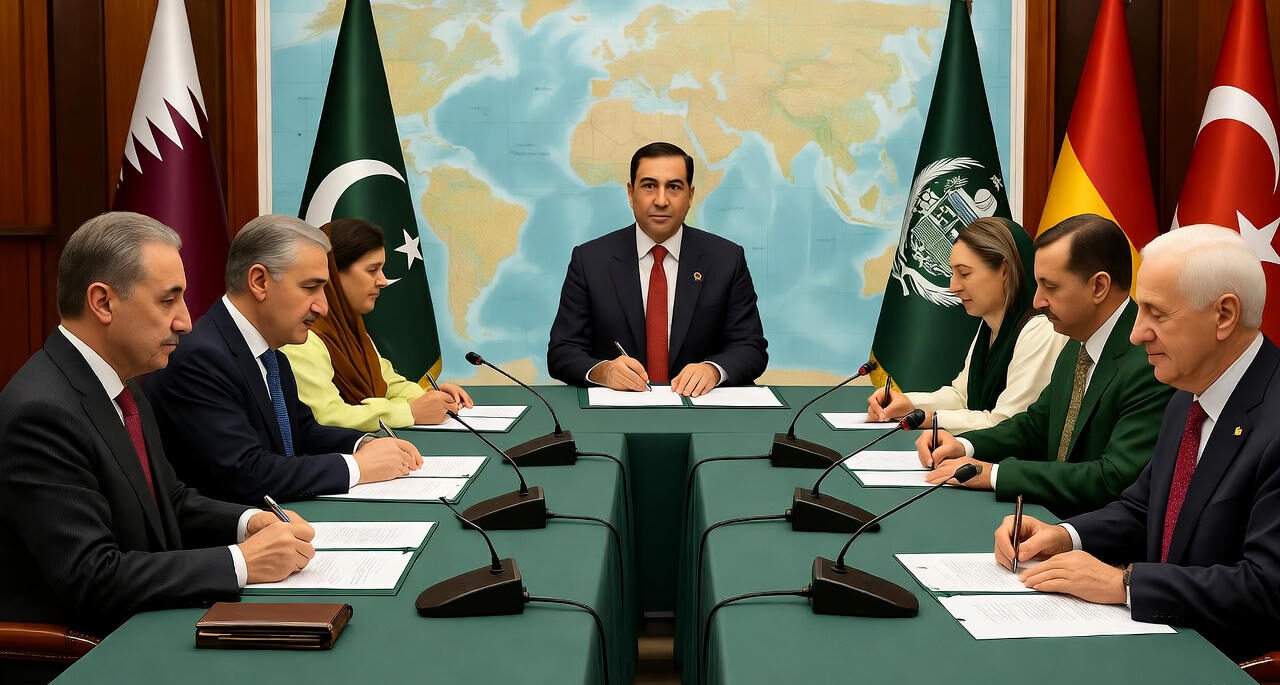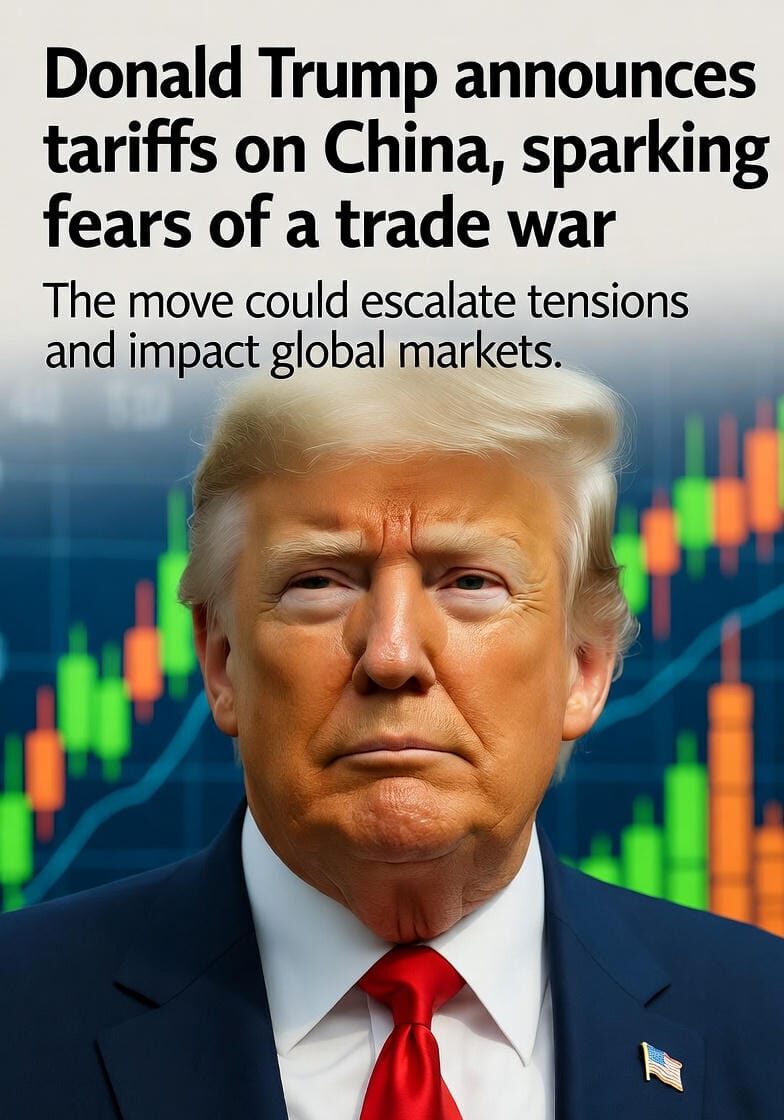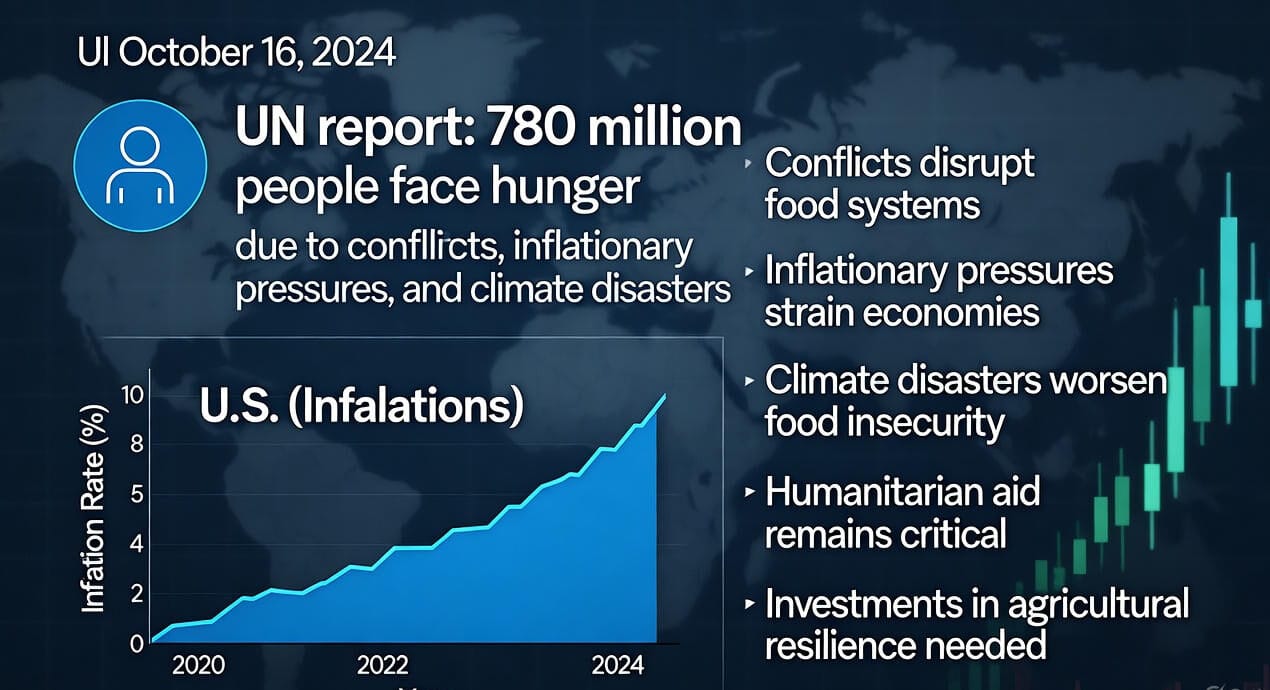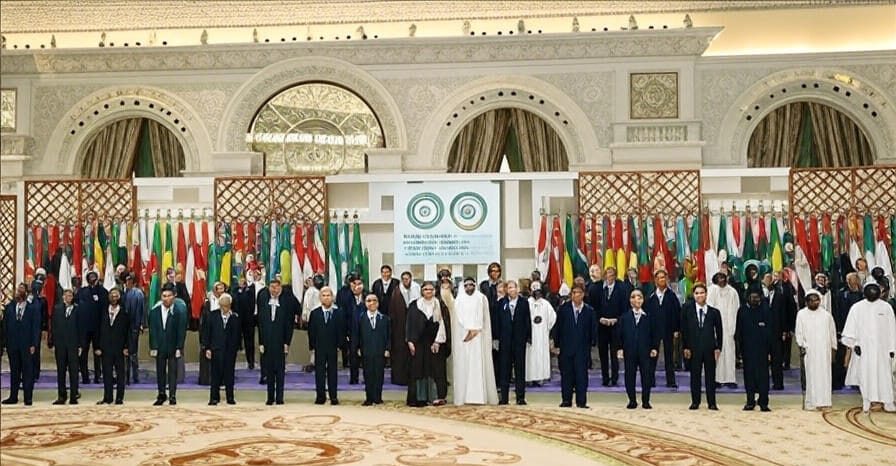
On September 15, 2025, Doha, Qatar, became the epicenter of regional diplomacy as it hosted the Arab-Islamic Extraordinary Summit, convened by the Arab League and the Organisation of Islamic Cooperation (OIC). This urgent gathering of leaders from over 70 nations was prompted by a provocative Israeli airstrike in Doha, escalating tensions in an already volatile Middle East. With Qatar’s pivotal role as a mediator under scrutiny, the summit sought to forge a unified response to aggression while navigating complex geopolitical divides. This news blog delves into the summit’s catalysts, key discussions, outcomes, and their implications for regional stability.
Catalyst for the Summit
The summit was triggered by an Israeli airstrike on September 9, 2025, targeting Hamas political leaders residing in Doha. The attack, which killed six individuals, including a Qatari security officer, was condemned as a direct assault on Qatar’s sovereignty. Occurring during U.S.-backed ceasefire negotiations for the Gaza conflict, the strike disrupted Qatar’s longstanding mediation efforts, a role it has maintained since hosting the Hamas political bureau in 2012. Labeled “state terrorism” by Qatari officials, the incident prompted swift regional responses, including visits from Gulf Cooperation Council (GCC) leaders and consultations with U.S. President Donald Trump. The summit aimed to address this violation and its broader implications for peace in the region.
Regional Reactions to the Airstrike
The airstrike not only heightened tensions but also galvanized Arab and Islamic states to convene in Doha. Key regional players expressed outrage, viewing the attack as an attempt to undermine diplomatic efforts. The urgency of the summit reflected the need to restore stability and reaffirm Qatar’s mediation credentials amidst growing fears of further Israeli aggression.
Key Addresses and Diplomatic Stances
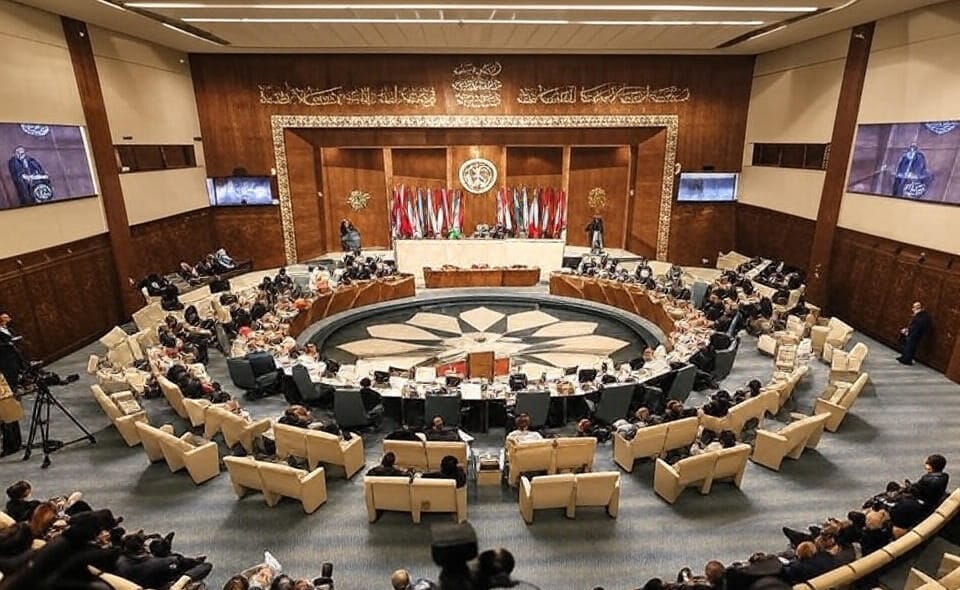
The summit opened with a compelling address by Qatari Emir Sheikh Tamim bin Hamad Al Thani, who set a resolute tone. He described the Israeli strike as “blatant, treacherous, and cowardly,” accusing Israel of pursuing an “expansionist vision” and fragmenting Syria. Sheikh Tamim framed the Gaza conflict as a “genocide,” calling for international accountability to address the humanitarian crisis. His remarks underscored Qatar’s commitment to diplomacy despite the direct attack on its soil.
OIC Secretary-General Hissein Brahim Taha reinforced these sentiments, urging member states to adopt decisive measures against Israel. He emphasized support for a two-state solution and expressed confidence in strengthened Arab-Islamic solidarity. Other leaders contributed diverse perspectives:
- Pakistan’s Prime Minister Shehbaz Sharif proposed suspending Israel’s UN membership and forming an Arab-Islamic task force.
- Malaysia’s Anwar Ibrahim criticized symbolic gestures as insufficient, advocating for stronger action.
- Iran’s President Masoud Pezeshkian called for severing ties with Israel, though Iran later distanced itself from communique elements implying recognition of Israel.
- Egypt’s President Abdel Fattah el-Sisi stressed the importance of protecting sovereignty, aligning with the summit’s anti-aggression stance.
These interventions highlighted both unity and underlying divisions among attendees.
Unity Amid Diverse Agendas
While the summit showcased solidarity, it also revealed challenges in aligning diverse national interests. The varied proposals—from Pakistan’s bold UN suspension to Iran’s cautious dissociation—reflected differing priorities, particularly along Sunni-Shia lines. These dynamics shaped the summit’s outcomes.
Outcomes and Limitations of the Communique
The summit concluded with a joint communique condemning Israel’s “repeated threats” against Qatar and expressing solidarity with Doha’s mediation efforts alongside Egypt and the U.S. It rejected justifications for the aggression, warning that such actions threaten regional peace and normalization efforts, such as the Abraham Accords. The statement praised Qatar’s restrained response and reiterated calls for global intervention in the Gaza crisis. However, it lacked enforceable measures like sanctions or trade bans, drawing criticism for its rhetorical focus over actionable commitments.
The GCC announced plans to activate its joint defense pact, scheduling a Unified Military Command session in Doha. This step hinted at potential future coordination, but the absence of immediate actions underscored the difficulty of achieving consensus among diverse states.
Symbolic Gestures vs. Concrete Action
The communique’s emphasis on diplomacy, while significant, fell short of expectations for robust measures. The group photo featuring leaders like Saudi Arabia’s Crown Prince Mohammed bin Salman and the UAE’s Sheikh Mansour bin Zayed Al Nahyan symbolized unity but masked tensions, particularly regarding normalization with Israel.
Regional and Global Implications
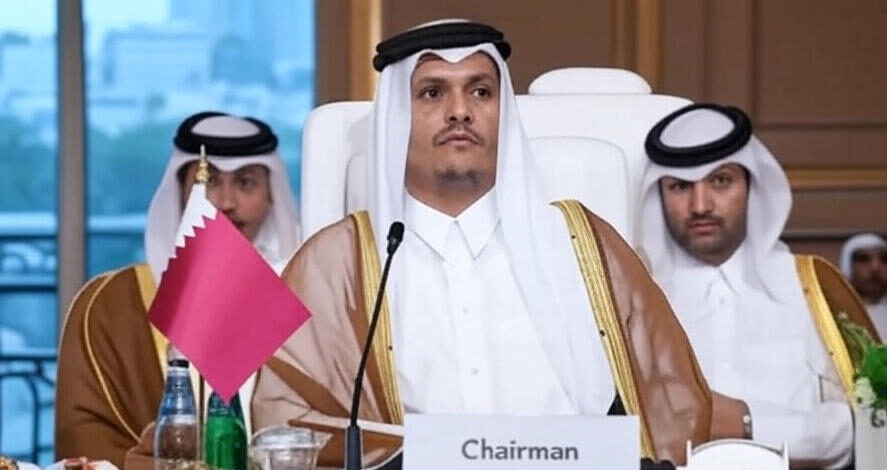
Held on the fifth anniversary of the Abraham Accords, the summit highlighted the fragile balance between normalization and anti-Israel sentiment. Qatar’s role as a diplomatic hub, bolstered by hosting the largest U.S. military base in the region, was reaffirmed, yet the attack raised concerns about the sustainability of its mediation efforts. The summit’s alignment with recent UN reports accusing Israel of genocide in Gaza amplified calls for international accountability.
However, the lack of concrete measures reflected challenges in uniting Arab and Islamic states with differing alignments. Iran’s partial rejection of the communique underscored Sunni-Shia divides, while some GCC states’ ties to the Abraham Accords complicated unified action. Concurrent U.S. legislative support for Israel during the summit period further highlighted global polarization.
Challenges and Opportunities
The Arab-Islamic Extraordinary Summit in Doha marked a critical moment of regional solidarity, yet its outcomes underscore the difficulty of translating condemnation into action. Qatar’s leadership reaffirmed its diplomatic influence, but the absence of enforceable resolutions may limit immediate impact. The GCC’s planned military consultations suggest potential for future coordination, but consensus remains elusive.
As the Middle East navigates conflicts in Gaza and beyond, the summit’s call for a two-state solution and global accountability will shape future diplomacy. Stakeholders must address root causes of instability to achieve lasting peace. For detailed insights, refer to official sources like the Qatari Diwan or Al Jazeera’s coverage.
Keywords: Arab-Islamic Summit, Doha 2025, Qatar mediation, Israel airstrike, Gaza conflict, regional stability, OIC, Arab League.
